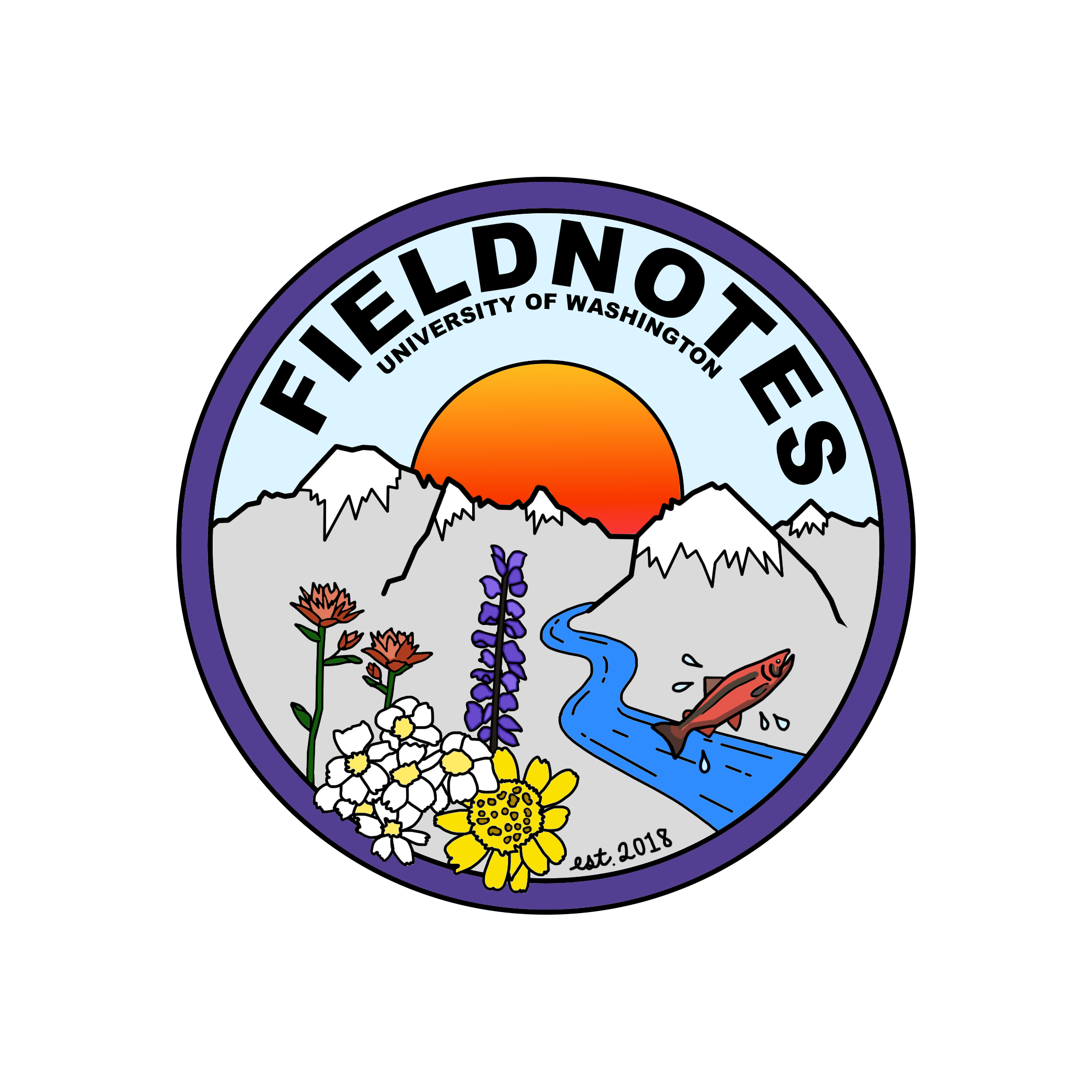Research Abroad: Urban Farming in the Netherlands
Carly Lester is a senior undergraduate in the Program on the Environment who is primarily interested in the health of our food system. This past summer she traveled to Groenekan, Netherlands to work on an organic farm. Her research analyzed farmers’ use of direct farm marketing and aimed to understand their experiences selling directly to consumers.
What drew you to the Netherlands?
This past summer (2018) I traveled to Groenekan, Netherlands for four weeks to work on a small organic farm as a part of the organization World Wide Opportunities on Organic Farms (WWOOF) for four weeks. WWOOF was suggested to me by Beth Wheat, a professor in the PoE department and a farmer herself, when I approached her about study abroad opportunities. The program aligned perfectly with what I wanted to do for my capstone research, which was work on a farm in another country, and observe direct farm marketing methods there versus in the United States. As for the Netherlands, I chose to travel there because its agriculture sector ranks second in the world to the U.S. I found this amazing considering how small the country is. I feel that the Netherlands is a great example of how utilizing space in an efficient way can create substantial benefits.
“I wanted to focus more on the producer side of direct selling to give a face and place to our produce; creating a better connection to our food through relationship.”
What was your research about and why is it important?
My research was a cross regional analysis on farmers’ experience with direct farm marketing, and how small farmers advertise to current and prospective customers. I interviewed farmers from the Netherlands, Colorado, and Washington to better understand their experience with selling directly to consumers, and then used that information to educate consumers on the importance of purchasing their produce locally, as well as attempting to find solutions to aid farmers in their marketing endeavors.
What made you want to do this research?
Spring Quarter of my sophomore year I took Beth Wheats class The Urban Farm, and was inspired by her eccentric personality and passion for food, farming, and the food system. Her teaching style sparked an interest in me to dive deeper into understanding the food system. I’ve always been relatively healthy – as a member of the UW Track & Field team, I’m constantly paying attention to the health of my diet – but I never considered the entire journey that the food I put into my body went through. That mentality has drastically changed in the last two years, where I am now conscious of the entire process of the food system.
What was your experience working with people in the Netherlands?
I worked with my host family on the farm, as well as volunteers who came on Tuesdays, Wednesdays, and Fridays. I really enjoyed working with the volunteers, because it allowed for a change in pace on the farm as well as an opportunity to meet more people. As for reactions, my host family was very supportive with my research and answering as many questions as possible. My hosts also introduced me to another farmer that I was able to interview. While I was only able to officially interview one other farmer outside of my host family, I met other farmers during BBQs that my host family hosted at their farm who happily answered unofficial interview questions.
How can others get involved in this type of research?
WWOOF is an organization that is open to everyone, and the time commitment is extremely flexible depending on where you choose to go. I encourage WWOOFing to anyone who is interested in the food system, farming, or even people who want to see another country from a non-tourist standpoint.
What was the best part of your abroad experience?
The best part of my abroad experience was creating relationships with people in a different place, and experiencing a new culture. I was able to see a lot of similarities between the U.S. and the Netherlands, in terms of my research with small farmers which I’ll address during the symposium. This opportunity to travel and learn outside of the U.S. was incredibly enriching and I highly recommend it to others.
What are some challenge you faced?
One barrier was language. Even though a large portion of Dutch people speak English, there were still times when I felt that I needed to simplify interview questions to make them easier to translate. The second challenge I faced was transportation. While the train system and biking routes are advanced in Holland, there was still a limitation of where I could go during my free time from work, thus inhibiting my ability to interview farmers from different provinces within the Netherlands.




